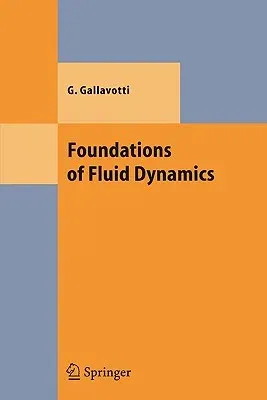Giovanni Gallavotti
(Author)Foundations of Fluid Dynamics (Softcover Reprint of the Original 1st 2002)Paperback - Softcover Reprint of the Original 1st 2002, 7 December 2010

Qty
1
Turbo
Ships in 2 - 3 days
In Stock
Free Delivery
Cash on Delivery
15 Days
Free Returns
Secure Checkout
Part of Series
Theoretical and Mathematical Physics
Print Length
514 pages
Language
English
Publisher
Springer
Date Published
7 Dec 2010
ISBN-10
3642074685
ISBN-13
9783642074684
Description
Product Details
Author:
Book Edition:
Softcover Reprint of the Original 1st 2002
Book Format:
Paperback
Country of Origin:
NL
Date Published:
7 December 2010
Dimensions:
23.39 x
15.6 x
2.77 cm
ISBN-10:
3642074685
ISBN-13:
9783642074684
Language:
English
Location:
Berlin, Heidelberg
Pages:
514
Publisher:
Weight:
748.43 gm

